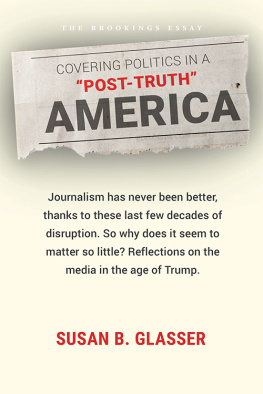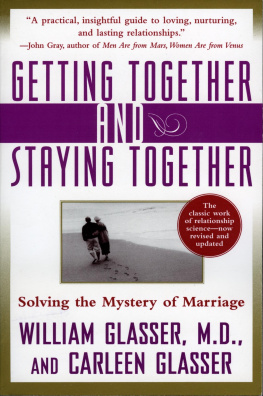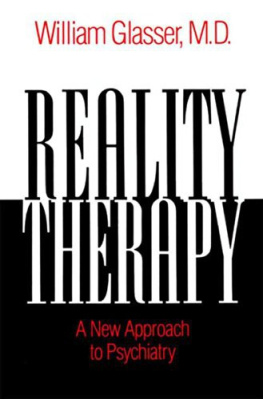Ronald J. Glasser - The Ronald J. Glasser Collection: 365 Days; Another War, Another Peace; and Ward 402
Here you can read online Ronald J. Glasser - The Ronald J. Glasser Collection: 365 Days; Another War, Another Peace; and Ward 402 full text of the book (entire story) in english for free. Download pdf and epub, get meaning, cover and reviews about this ebook. year: 2018, publisher: Open Road Media, genre: Detective and thriller. Description of the work, (preface) as well as reviews are available. Best literature library LitArk.com created for fans of good reading and offers a wide selection of genres:
Romance novel
Science fiction
Adventure
Detective
Science
History
Home and family
Prose
Art
Politics
Computer
Non-fiction
Religion
Business
Children
Humor
Choose a favorite category and find really read worthwhile books. Enjoy immersion in the world of imagination, feel the emotions of the characters or learn something new for yourself, make an fascinating discovery.

- Book:The Ronald J. Glasser Collection: 365 Days; Another War, Another Peace; and Ward 402
- Author:
- Publisher:Open Road Media
- Genre:
- Year:2018
- Rating:3 / 5
- Favourites:Add to favourites
- Your mark:
The Ronald J. Glasser Collection: 365 Days; Another War, Another Peace; and Ward 402: summary, description and annotation
We offer to read an annotation, description, summary or preface (depends on what the author of the book "The Ronald J. Glasser Collection: 365 Days; Another War, Another Peace; and Ward 402" wrote himself). If you haven't found the necessary information about the book — write in the comments, we will try to find it.
Published in 1971 with the Vietnam War still raging, Ronald Glassers unflinching memoir of one doctors experience with the human cost of the devastating conflict was hailed by William Styron as a moving account about tremendous courage and often immeasurable suffering . . . [A] valuable and redemptive work. 365 Days quickly became a powerful anti-war statement of the time that still resonates today, selling over two hundred thousand copies.
Turning to fiction, Glasser continued to draw on his own experience as a doctor in the Vietnam War and as an intern in a pediatric ward to craft novels of gripping drama and heartfelt poignancy.
365 Days: In 1968, as a serviceman in the Vietnam War, Ronald Glasser, a pediatrician, was sent to Japan to work at the US Army hospital tending to children of officers and government officials. But he was soon caught up in the waves of casualties that poured in from every Vietnam front. In 365 Days, Glasser reveals a candid and shocking account of that harrowing experience, giving voice to the wounded, the maimed, the dead, with unflinching candor and compassionate humanity.
The most convincing, most moving account I have yet to read about what it was like to be an American soldier in Vietnam. Newsweek
Another War, Another Peace: Assigned to Southeast Asia during the Vietnam War, an idealistic young doctor forms an unlikely bond with his driver, a battle-hardened soldier, as they struggle to bring medical aid to Vietnamese villagers.
The author of the remarkable classic 365 Days has in this small novel written with such power about a young American doctor in the war zone that surely he has added another memorable book to the literature of those ghastly years. Gloria Emerson, author of Winners & Losers
Ward 402: In this gripping, authentic, and impassioned novel, an intern on pediatric Ward 402 fights to save an eleven-year-old girl with advanced leukemia, which her parents believe to be terminal.
[Dr. Glasser] can describe a medical emergency in a way that makes the entire scene spring to life. . . . This is good and exciting writing. The New York Times Book Review
Ronald J. Glasser: author's other books
Who wrote The Ronald J. Glasser Collection: 365 Days; Another War, Another Peace; and Ward 402? Find out the surname, the name of the author of the book and a list of all author's works by series.













